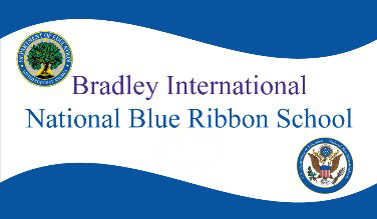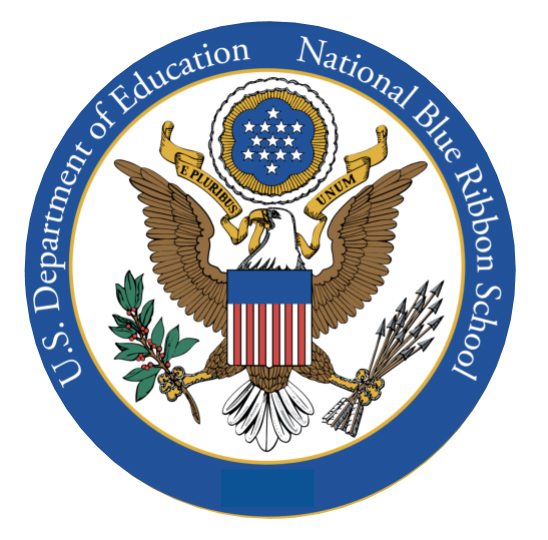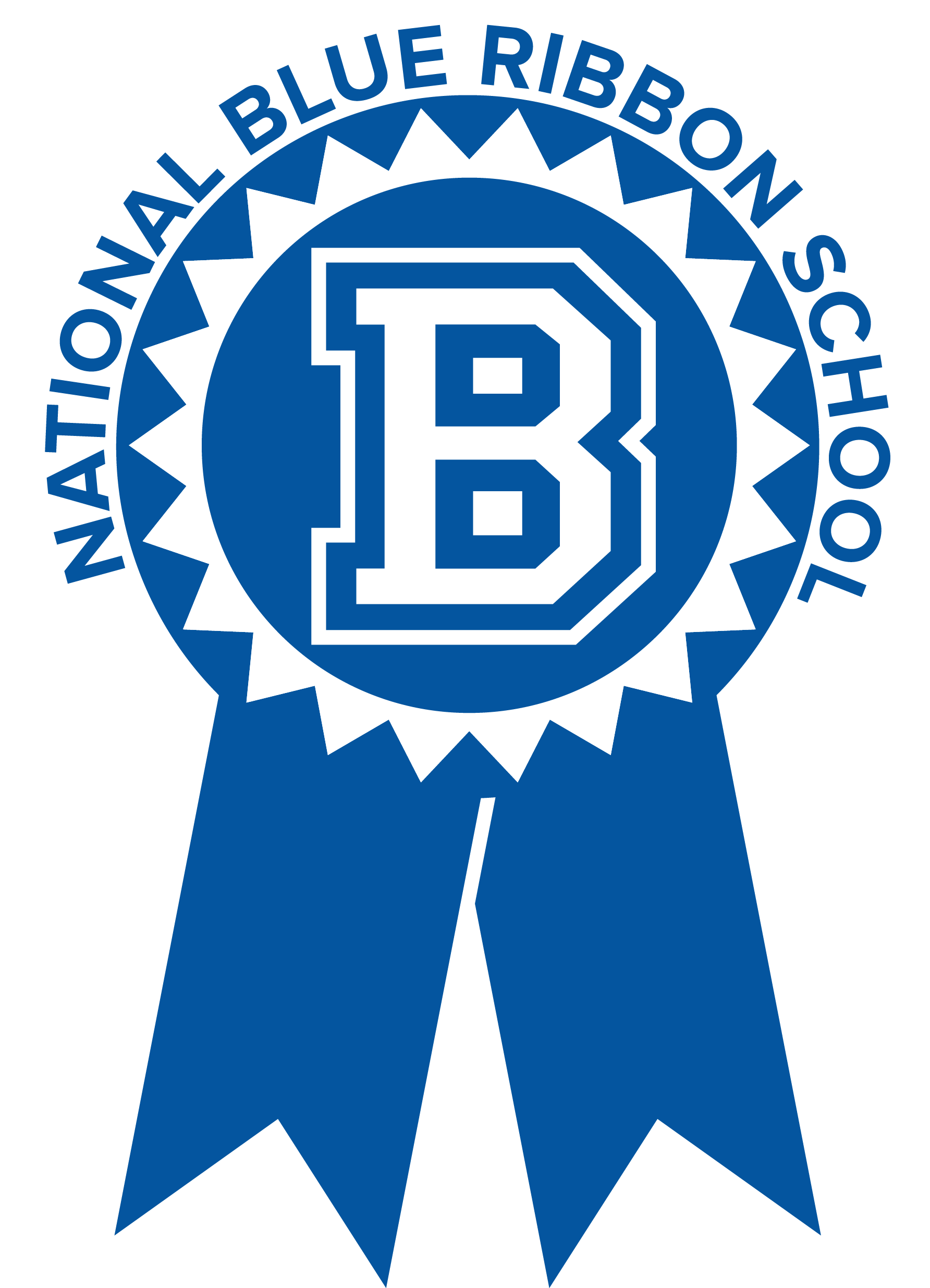
Primary Years Programme
- What is the IB PYP curriculum like?
- What do we want to learn? The written curriculum (the identification of a framework of what’s worth knowing)
- How best will we learn? The taught curriculum (the theory and application of good classroom practice)
- How will we know what we have learned? The assessed curriculum (the theory and application of effective assessment)
The written curriculum
The most significant and distinctive feature of the IB Primary Years Programme is the six transdisciplinary themes. These themes are about issues that have meaning for, and are important to, all of us. The programme offers a balance between learning about or through the subject areas, and learning beyond them. The six themes of global significance create a transdisciplinary framework that allows students to “step up” beyond the confines of learning within subject areas.
- Who we are: An inquiry into the nature of the self; beliefs and values; personal, physical, mental, social, and spiritual health; human relatioanships including families, friends, communities, and cultures; rights and responsibilities; what it means to be human.
(anthropology, health, psychology, religion, sociology) - Where we are in place and time: An inquiry into orientation in place and time; personal histories; homes and journeys; the discoveries, explorations and migrations of humankind; the relationships between and the interconnectedness of individuals and civilizations, from local and global perspectives. (geography, history)
- How we express ourselves: An inquiry into the ways in which we discover and express ideas, feelings, nature, culture, beliefs and values; the ways in which we reflect on, extend and enjoy our creativity; our appreciation of the aesthetic. (communication, language arts, music, philosophy, the arts)
- How the world works: An inquiry into the natural world and its laws, the interaction between the natural world (physical and biological) and human societies; how humans use their understanding of scientific principles; the impact of scientific and technological advances on society and on the environment. (computer science, math, science, technology)
- How we organize ourselves: An inquiry into the interconnectedness of human-made systems and communities; the structure and function of organizations; societal decision-making; economic activities and their impact on humankind and the environment. (government, civics, economics, sociology)
- Sharing the planet: An inquiry into rights and responsibilities in the struggle to share finite resources with other people and with other living things; communities and the relationship within and between them; access to equal opportunities; peace and conflict resolution. (biology, botany, ecology, zoology)
The programme can be illustrated by a hexagon with the six transdisciplinary themes surrounding
six subject areas (language, social studies, mathematics, arts, science, personal and social education):
Within the written curriculum, there are five essential elements:
- gain knowledge that is relevant and of global significance
- develop an understanding of concepts, which allows them to make connections throughout their learning
- acquire transdisciplinary and disciplinary skills
- develop attitudes that will lead to international-mindedness
- take action as a consequence of their learning.
The transdisciplinary themes and subject areas outlined above form the knowledge element of the programme.
As part of the IB PYP curriculum, Bradley offers Spanish, Art, Music, P.E., Library and Technology to all of its students, ECE-5th.










